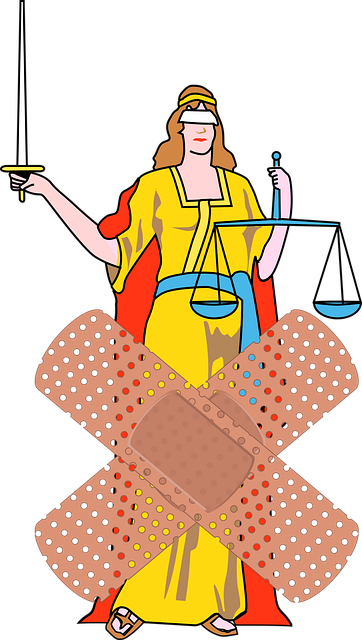Navigating a Peoria Injury Lawsuit involves understanding key steps after an accident: evaluating your case, filing within Illinois' two-year statute of limitations, gathering evidence, discovery, potential trial, and claiming damages like medical expenses and pain & suffering. Consulting with a qualified personal injury attorney is crucial for guidance, protecting rights, and maximizing compensation under Peoria Injury Lawsuit guidelines.
In the event of an injury in Peoria, understanding your legal options and the local injury lawsuit process is crucial. This comprehensive guide delves into the intricacies of Peoria’s legal landscape, empowering individuals to navigate their rights effectively. We explore what types of compensation you may be entitled to, from medical expenses to pain and suffering. Additionally, we provide a step-by-step overview to ensure a smooth legal journey following an injury, offering valuable insights tailored to Peoria’s legal framework.
- Understanding Peoria Injury Lawsuit Process
- What You Can Claim for Compensation
- Navigating Legal Steps After an Injury in Peoria
Understanding Peoria Injury Lawsuit Process

When you’ve suffered an injury due to someone else’s negligence in Peoria, understanding the local Peoria injury lawsuit process is crucial. The first step involves evaluating your case and determining if a lawsuit is the best course of action. This often requires consulting with a personal injury attorney who can assess the strengths and weaknesses of your claim. If proceeding with a lawsuit, you’ll need to file a complaint within the prescribed statute of limitations—typically two years from the date of the accident in Illinois.
The Peoria injury lawsuit process involves several stages. You’ll gather evidence, including medical records, witness statements, and any relevant documentation related to the incident. This information will be used to build a compelling case. Once the complaint is filed with the court, the defendant will be served with legal papers, prompting them to respond. From there, discovery begins, where both parties exchange information and potential evidence. This can include depositions, where individuals provide sworn testimony. If negotiations fail, the case may proceed to trial, where a judge or jury will decide the outcome based on the presented evidence.
What You Can Claim for Compensation

When it comes to what you can claim for compensation in a Peoria injury lawsuit, there are several elements that may be recoverable, depending on the specifics of your case. Under Peoria injury laws, individuals who have suffered harm due to another party’s negligence or intentional acts can seek reimbursement for various losses. These may include medical expenses, both past and future, as well as lost wages and income-earning capacity if the injury results in a prolonged absence from work. Additionally, non-economic damages such as pain and suffering, emotional distress, and disfigurement are also compensable.
It’s important to note that the specifics of what you can claim will vary based on the type and severity of your injuries, as well as the circumstances surrounding the incident. Consulting with a qualified personal injury attorney in Peoria is crucial to understanding your rights and the full range of compensation available to you under the law. They can help navigate the complexities of your case and ensure that you receive fair and just reimbursement for all eligible damages.
Navigating Legal Steps After an Injury in Peoria

After suffering an injury in Peoria, navigating the legal steps for compensation can seem daunting. The first crucial step is to ensure immediate medical attention to document your injuries. This becomes essential evidence when pursuing a Peoria injury lawsuit. It’s important to remember that time is of the essence; many states, including Illinois, have statutes of limitations for filing personal injury claims.
Next, gather all necessary information about the incident, such as dates, locations, and details of who was involved. Document any losses or damages incurred due to your injuries—this could include medical bills, lost wages, or property damage. With this information in hand, consult with a qualified attorney specializing in personal injury law. They will guide you through the process, ensuring your rights are protected and helping you determine the best course of action, whether that involves settlement negotiations or filing a formal Peoria injury lawsuit.
In closing, understanding the Peoria injury lawsuit process is crucial for anyone seeking compensation for damages incurred due to another’s negligence. By knowing what you can claim and navigating the legal steps effectively, you can ensure a fair outcome in your Peoria injury lawsuit. Remember that timely action and thorough documentation are key to success, allowing you to receive the compensation you deserve for your injuries.
